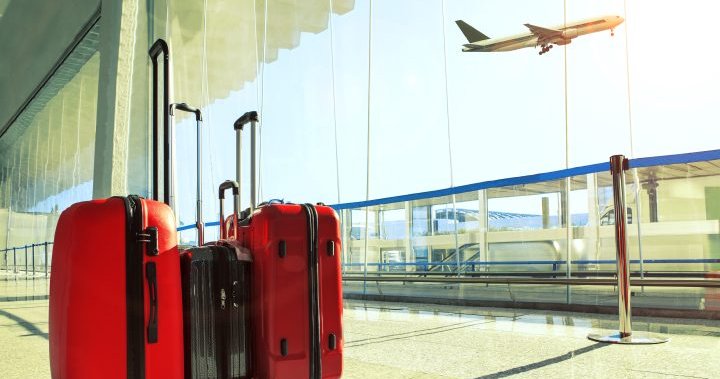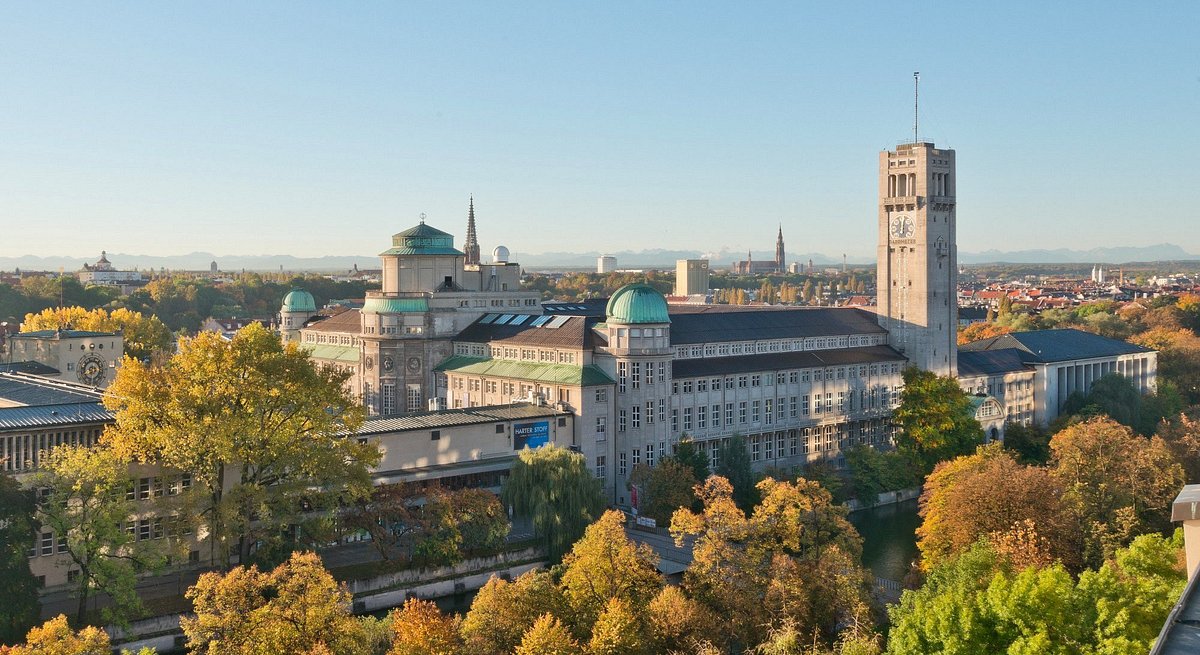Canadian airports and airlines are bracing for a hot summer travel season ahead as they attempt to bounce back from the chaos of long lines and delays that were seen across the country last year.
Travellers might have a smoother ride this time around as the air travel sector rolls out a series of measures, from hiring more staff to technological advancements.
There’s also increased pressure on accountability as strengthened air passenger rights measures proposed by the federal government loom.
With COVID-19 restrictions completely lifted, improvements at airports and better staffing, “we’re in far better shape than we were before,” said one travel insurance broker in Toronto.
“If there’s any bright light that’s come out of COVID, it’s that we have changed a lot of things right from passports to air travel and compensation,” said Martin Firestone, president of Travel Secure Inc.
“The bottom line is, I think the traveller will notice an incredible difference this year.”
After a challenging summer and winter, Toronto Pearson International Airport has boosted staff and implemented new technology to improve the passenger experience, officials say.
Staffing has increased significantly at the airport, with more than 10,000 new workers since last summer, bringing the total to 50,000, Deborah Flint, president and CEO of the Greater Toronto Airports Authority, said during a news conference on May 8.
The baggage system at the airport has been upgraded, featuring artificial intelligence that detects possible breakdowns and overloading before it occurs, a GTAA statement said.
There is also new digital technology at check-in, gates and baggage areas.
“Last summer was challenging for passengers, and we have responded with a full suite of process improvements and practices with our partners to deliver a more customer-centric and reliable experience,” said Flint.
Montreal’s airport authority is expecting the summer passenger traffic at the Montreal-Trudeau International Airport (YUL) to return to pre-pandemic levels.
“We have revised the flight schedules in collaboration with the airlines, who have indicated that they have sufficient capacity and personnel to operate the schedules they have submitted,” said Eric Forest, a spokesperson for Aéroports de Montréal (ADM).
In addition, improvement projects at the YUL’s baggage-handling systems and connecting passenger facilities will be completed in June, he told Global News.
Given the high number of passengers expected this summer, Forest said it is possible that there will be a “little more waiting than usual during peak hours, especially in the early morning and late afternoon and evening.”
At the Vancouver International Airport (YVR), officials are anticipating approximately 81,000 passengers a day over the summer months. That’s roughly on par with pre-pandemic numbers, with August projected to be the busiest, said a YVR spokesperson.
“We are also reviewing each area of our operations and service — from access to the airport, passenger drop off, check in, baggage, passenger processing, gates, and airfield movements — to match increased summer demand.”
The Edmonton International Airport (YEG) is encouraging passengers to fly non-stop to avoid lengthy layovers.
“It’s important to note that the flight path is interconnected with the rest of the world, and sometimes delays in one area may affect others,” a YEG spokesperson said.
Canadian airlines are also hoping to avoid a repeat of last summer.
Air Canada, the country’s flag carrier, says it is “taking a prudent approach” to scheduling by flying less over the summer months as compared to 2019.
The airline told Global News it has more people on staff than before the pandemic in summer 2019.
“We have added resources and taken other measures too, such as adjusting our schedule to create more connection time for customers and to flatten out peak flying periods during the day for better customer flow,” Air Canada said in an emailed statement.
Meanwhile, WestJet ticket holders could run into some problems this summer with 1,600 of the airline’s pilots preparing to launch a strike as early as May 16 — the Tuesday ahead of the May long weekend, which typically kicks off the summer travel season for thousands whose itineraries could now be upended.
However, in a statement to Global News this week, WestJet said it continues to “proactively plan to mitigate any foreseeable challenges within our control.”
Edmonton-based Flair Airlines, which saw four of its planes temporarily seized over a dispute with its lessor in March, is adding more destinations this summer.
The ultra-low-cost carrier is offering new flights from Kamloops, B.C., London, Ont., and Quebec City, Que.
“It’s going to be a very hot summer for travel with Flair Airlines, if the spring demand is any indication,” said Stephen Jones, CEO of Flair Airlines.
“We ask passengers to arrive at the airport early, and to be patient with everyone they encounter on their journey, who are all trying to do their best to help customers.”
The federal government is pushing for an overhaul of Canada’s passenger rights charter amid a massive backlog of complaints received by the Canadian Transportation Agency.
Last month, Transport Minister Omar Alghabra laid out measures to tighten loopholes to traveller compensation and toughen penalties.
If passed, the reforms will put the onus on airlines to show a flight disruption is caused by safety concerns or reasons outside their control, with specific examples to be drawn up by the transport agency as a list of exceptions around compensation.
— with files from Global News’ Ryan Rocca and The Canadian Press



